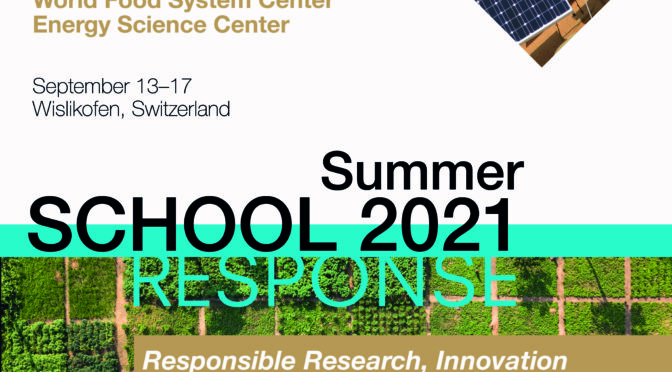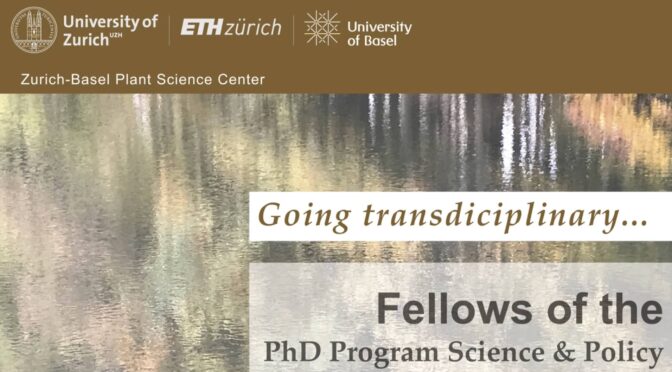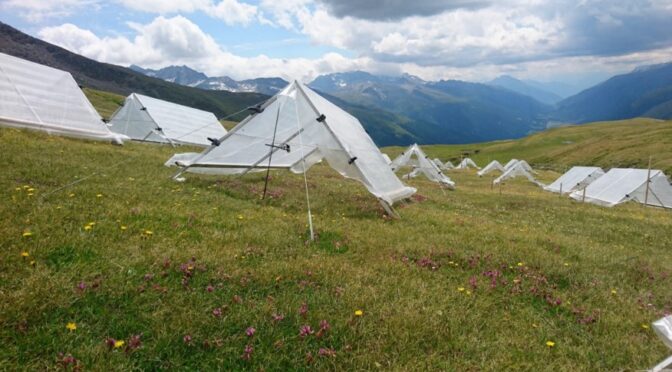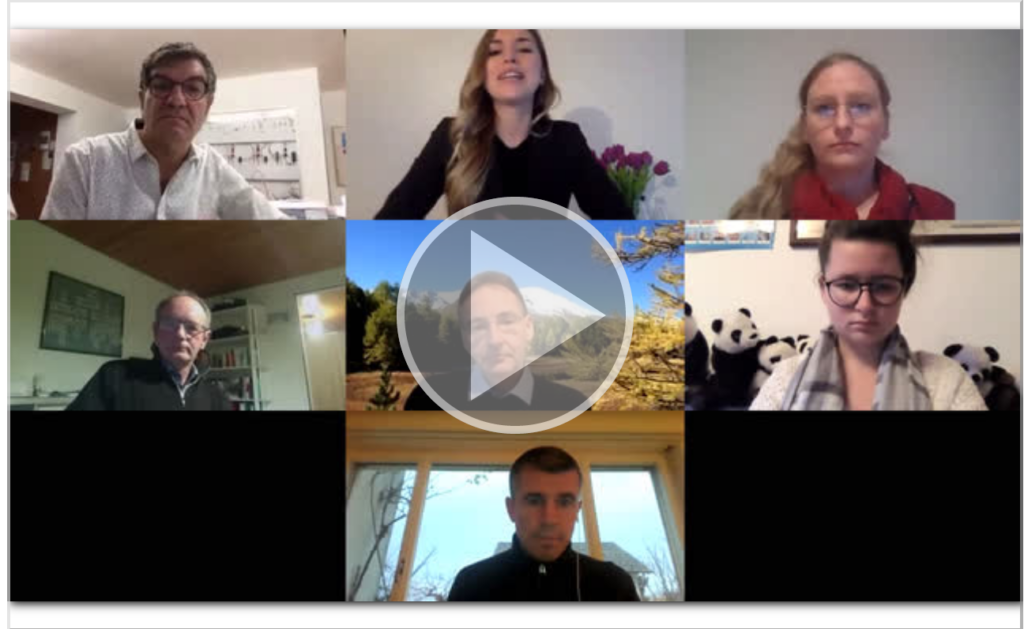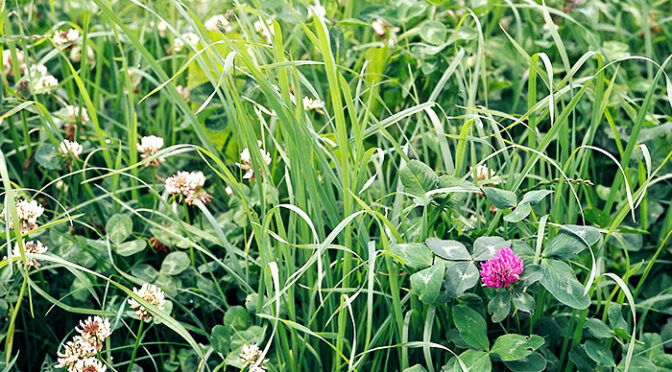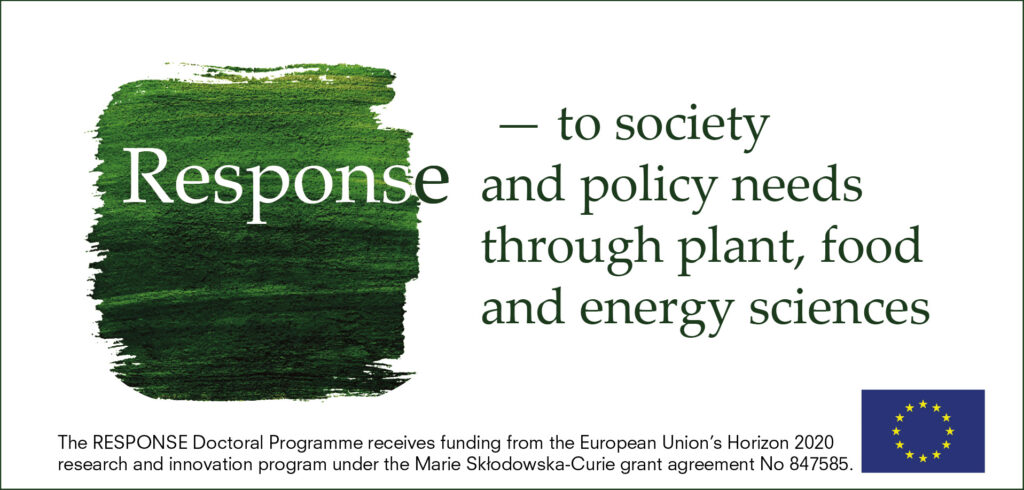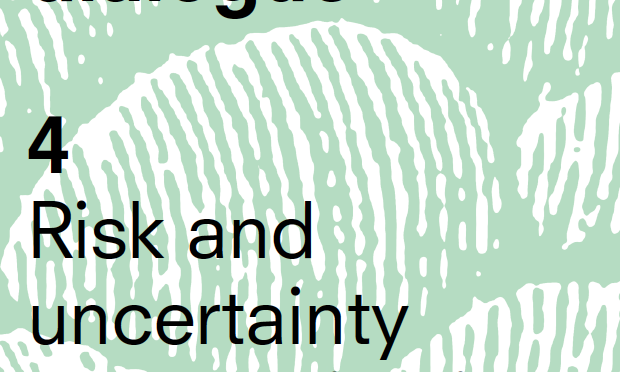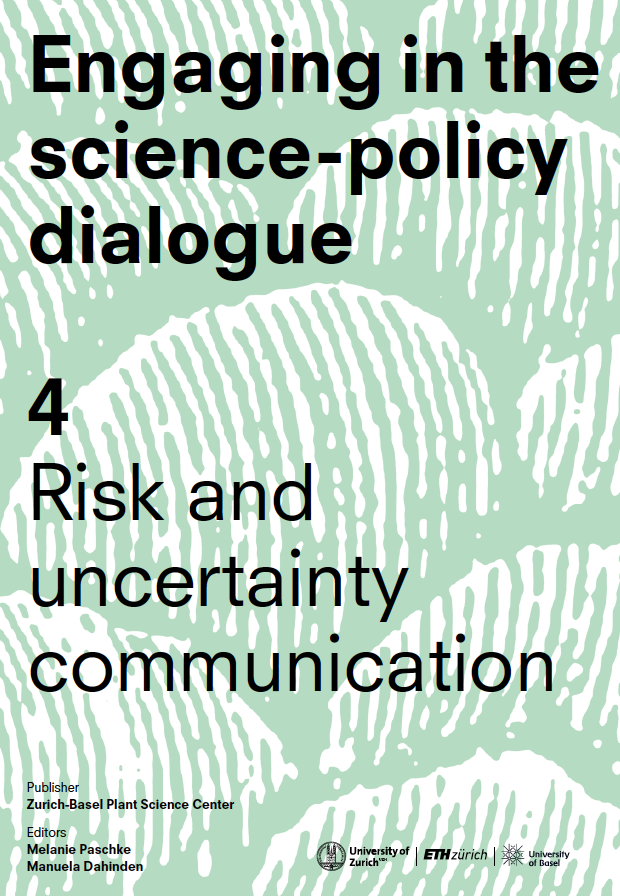13–17 September, 2021 – Wislikofen, Switzerland
Food and energy are the great challenges for modern societies, both producing enough for the growing world population as well as producing and distributing them environmentally friendly, fair and equitable. Their footprint on land, biodiversity, ecosystems, water, soil and their impact on climate is enormous.
In this summer school, we will implement the Responsible Research and Innovation framework to exemplary case studies addressing sustainable food systems, sustainable transition pathways in the energy sector; and sustainable land use decisions. Participants in teams work on case studies, they define the problem in the societal context, develop prototypes following value-based and human centered design approaches to the problem or develop a social practice theory and change hypothesis for setting their prototypes into practise.
Learning Objectives:
By the end of the summer school, participants will:
• Understand the responsible research and innovation (RRI) framework and its application in research.
• Design their own responsible research and innovation process including public engagement and participation formats.
• Know how to carry out ethical inquiry and a value-based design processes.
• Be able to apply design thinking.
• Can implement formats of social and transformative learning in their research processes.

